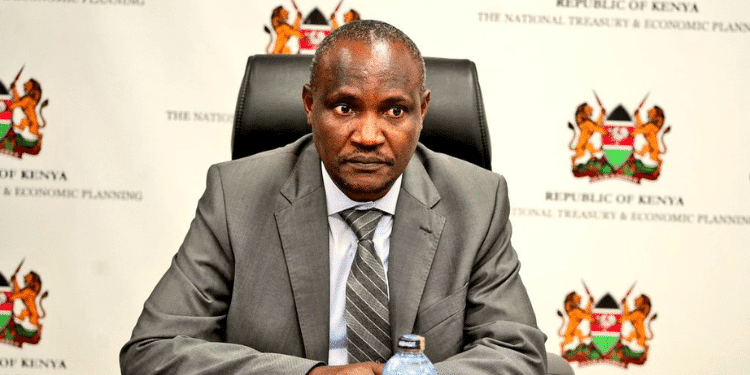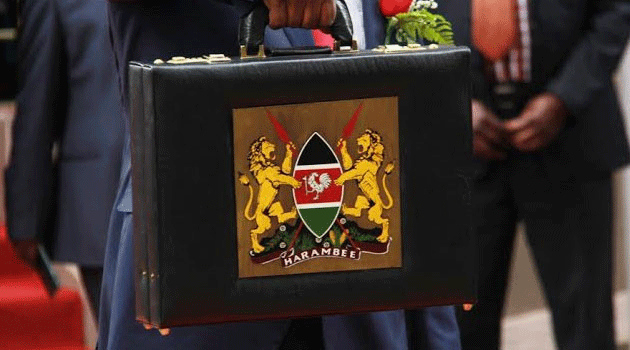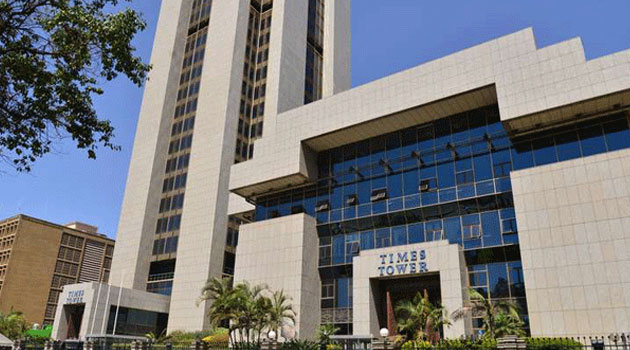
For a long time, VAT refunds from the Kenya Revenue Authority (KRA) have posed significant challenges for Kenyan exporters.
Over the past decade, exporters have consistently voiced their frustrations regarding the substantial sums of money the government retains in the form of VAT refunds. The Kenya flower industry, in particular, has been the most vocal, with outstanding claims often exceeding one billion shillings at any given moment.
To encourage growth in the export sector, the government implemented a zero-rating policy for exports of products and services. However, in a nation grappling with political instability, civil unrest, and governmental disputes, the government introduced strict measures to verify that exports were indeed taking place.
Prior to the introduction of the i-tax platform by KRA, the refund process was manual, cumbersome, and expensive, requiring exporters to hire at least one clerk to manage the paperwork.

Additionally, delays in customs entries resulted in prolonged waiting periods for exporters to ensure all documentation was complete. While the situation has improved since the implementation of i-tax, operational hurdles remain. Recent changes in export verification processes continue to unsettle exporters. The requirement for proof of specific exports, which can only be obtained from the importing countries, complicates matters. If exporters fail to provide this evidence, their transactions are classified as local sales, incurring a 16% VAT. This issue is further complicated by the varying trading arrangements between buyers and sellers, including local consolidation, direct sales, and auctions. The situation is exacerbated by the 16% VAT imposed on agricultural inputs like chemicals and fuel, leading to increased VAT refund claims.

To KRA’s credit, they have historically regarded the flower industry as low risk, given that nearly 99% of flowers are exported.
Moreover, KRA customs has consistently expedited pre-export clearance for flowers,
recognizing their perishable nature and the need to bypass lengthy documentation processes. However, challenges persist within KRA customs operations.
